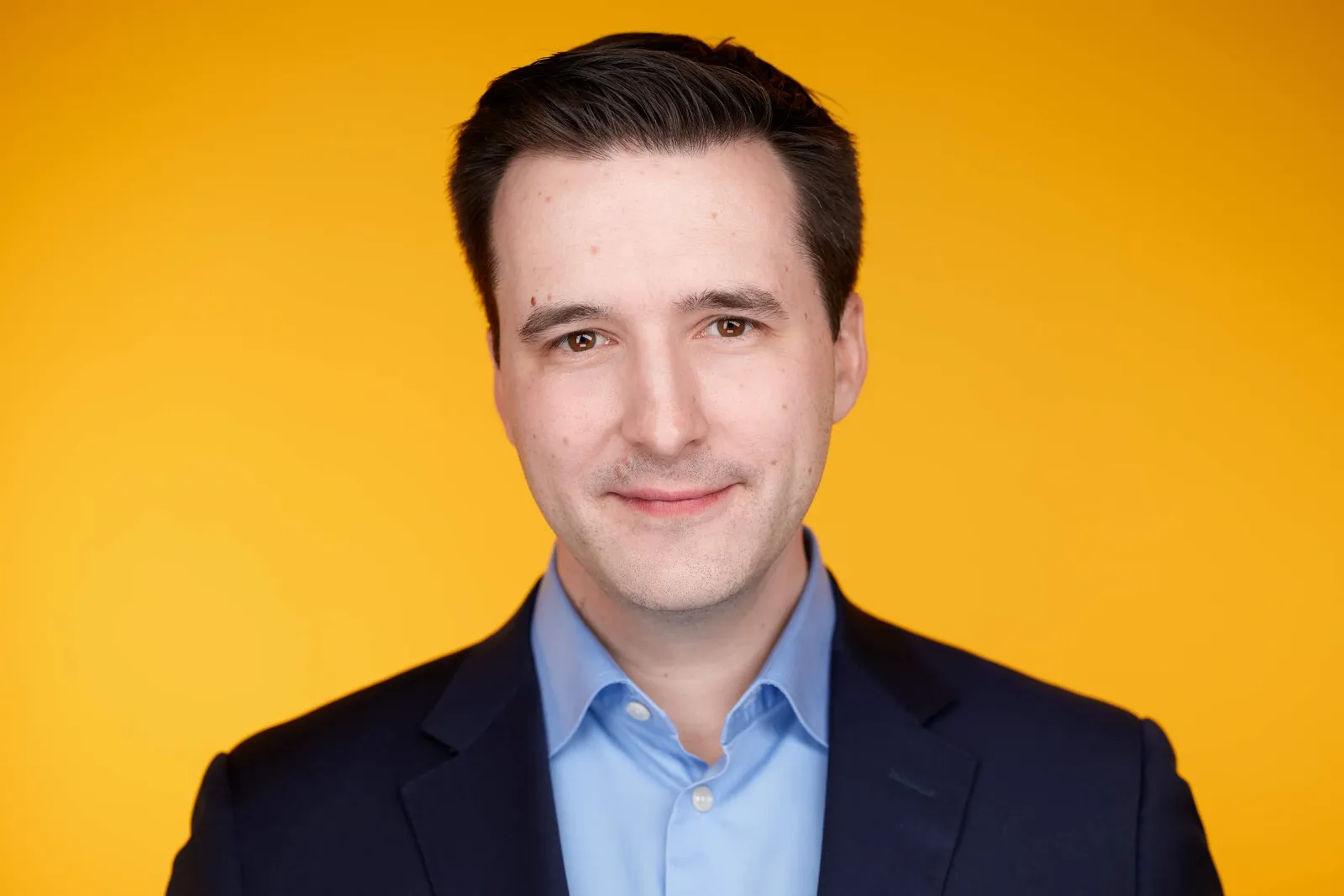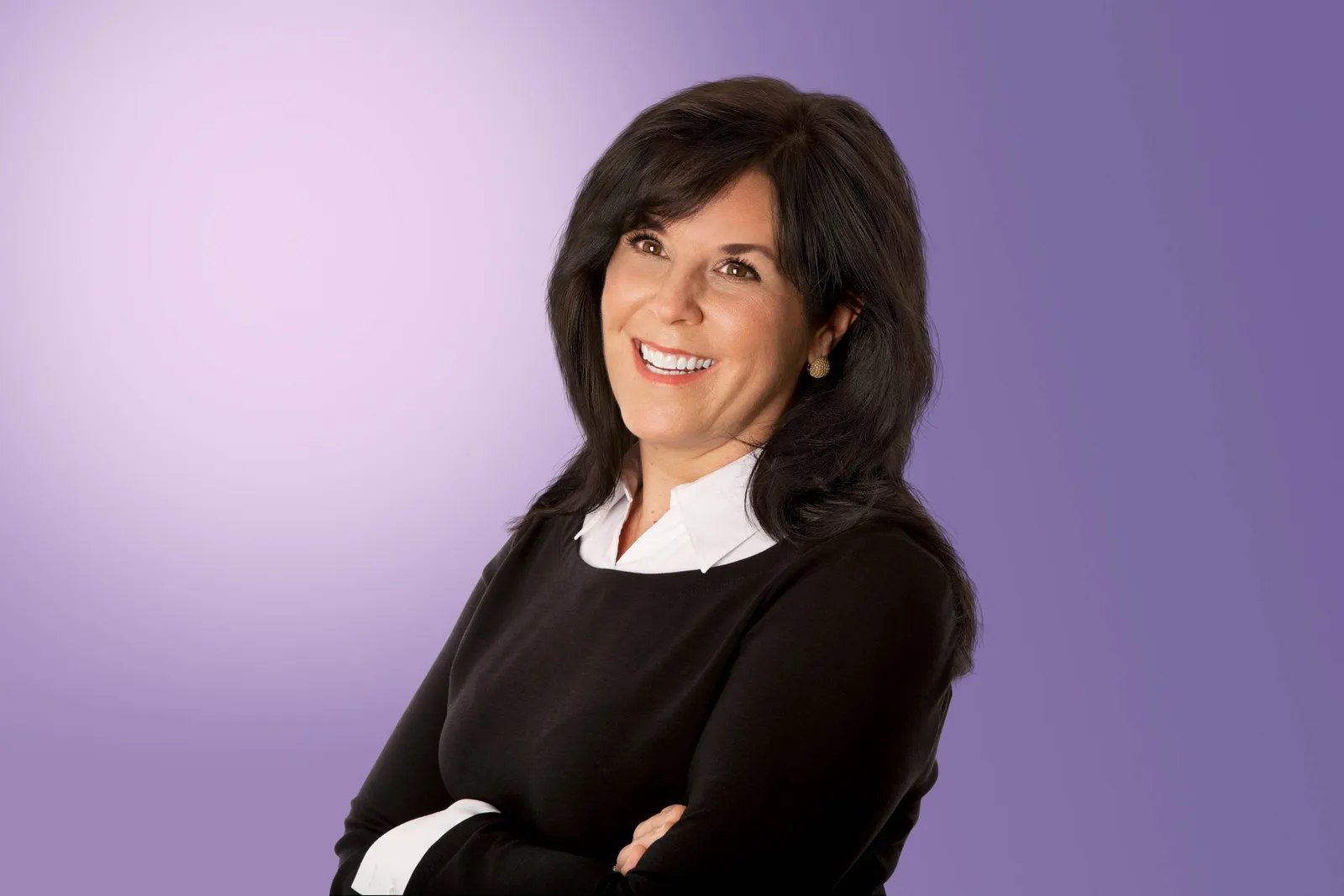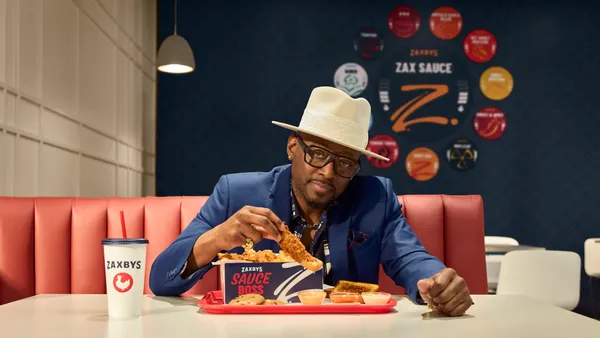Creativity in crisis has become a running theme in marketing. Ad agencies, facing a wave of disruption, are falling under sharper pressure as the fundamentals of the business drift further away from big brand-building ideas toward performance marketing. As creative agencies try to shake off a reputation as tech laggards and look to reignite growth, new tactics are rising in popularity — and coming with steep learning curves.
Customer relationship management (CRM) and certifications in platforms like Salesforce — previously unsexy areas for creatives averse to direct marketing — have gained traction amid this sea change. CRM has found fresh purchase with consumer-facing CMOs as well as they seek services related to first-party data that can combat intensifying signal loss.
“CRM provides such a rich understanding of audiences and it helps facilitate data-driven creative,” said Jay Pattisall, vice president and principal analyst at Forrester Research. “[Creatives] are the last agency type, if you will, to really pursue this strategy.”
Enter FCB/Six, a unit within Foote, Cone & Belding that has won a spate of new business and recently expanded into territories like India that are shaping up as important agency battlegrounds of the future. FCB/Six’s winning streak, embodied in 15% revenue growth in 2023, has been driven by what leaders at the Interpublic Group-owned agency view as an overlooked value proposition: Bringing a creative mindset to some of the drier conversion-based marketing spaces, including Salesforce. The group does not break out specific revenue figures.

Analysts say FCB/Six is indicative of the way industry winds are blowing, where the agency landscape’s creative stalwarts must adapt or wither in the face of shifting CMO needs. Clients include Jeep owner Stellantis, supermarket chain Sobeys, QuickBooks and Škoda Auto. Earlier this year, FCB/Six was named as the CRM agency of record for Mazda Canada.
“FCB/Six has done a strong job of marrying creative with data,” said Greg Paull, co-founder and principal at independent consultant R3, in an email. “Because CRM is core to their deliverables, they have gone further than typical creative agencies in this space.”
And while specialties like CRM may carry a reputation for being boring, or at least an odd fit for the usual creative toolbox, part of FCB/Six’s pitch is that this doesn’t necessarily need to be the case.
“This is a canvas for creativity that we think is undervalued and underleveraged,” said Tyler Turnbull, FCB’s global CEO and a key architect of FCB/Six. “If we apply better thinking to that space, we can help our brands grow and win.”
A network under pressure
FCB/Six’s double-digit growth contrasts with broader struggles at IPG, which has contended with a slowdown in tech spending, the sudden loss of large accounts and bumpy efforts to turn around once-darling digital specialists like R/GA and Huge. IPG is currently exploring “strategic alternatives” for both of those agencies. The network, a member of advertising’s Big Four, started the year by selling Hill Holliday and Deutsch New York to Attivo Group, a marketing services upstart based in New Zealand.
IPG reported organic growth of 1.7% in Q2, with net revenue totaling $2.33 billion. Those results were in line with Wall Street’s expectations but landed lower than the organic growth rate of rivals like Publicis and Omnicom. The sudden departure of the Pfizer business in the spring rattled the network. FCB’s Chicago office in May laid off 9% of its staff due to the Pfizer blow while the larger IPG Health division cut 5% of its U.S. workforce in June.
FCB/Six, which has gathered force over the past eight years, could be viewed as a future-proofing bet. FCB/Six is bolstered by insights from IPG offerings like Acxiom, the data-marketing firm the network acquired for $2.3 billion in 2018, and Kinesso, a market-intelligence group that debuted a year later.
“CRM provides such a rich understanding of audiences and it helps facilitate data-driven creative."

Jay Pattisall
Vice president and principal analyst, Forrester Research
FCB/Six tends to play a quieter, behind-the-scenes role in line with its remit around data management and activation. That’s not to say its scope is small: FCB/Six aids in everything from data governance — an area of rising priority for CMOs concerned about security and compliance — to enabling better personalization on channels like email, digital and social. For small teams like that of Scene+, a Canada-based loyalty program jointly owned by Cineplex’s Galaxy Entertainment, Scotiabank and Empire Company, FCB/Six is crucial for building data systems that can scale personalized creative work while ensuring proper governance is applied.
“They have the technical expertise in terms of how we manage our customer data in the way that’s most efficient and effective,” said Lisa Doke, executive director of marketing at Scene+.
A competitive set
The initial revival of CRM took hold among agencies in the media and commerce verticals — think Dentsu’s acquisition of Merkle, from 2016 — but has, over time, come to influence many aspects of the marketing pipeline.
“[Creatives] were slower to take this up as a strategy because they just come from a different world,” said Pattisall. “The data literacy is not as high within the creative agencies across the board as it is compared to media agencies or digital agencies.”
Other players wedding CRM, loyalty and creativity include Publicis’ Digitas and Razorfish and Omnicom Precision Marketing Group, according to Pattisall. CRM and similar precision-oriented tactics have also guided recent dealmaking and streamlining initiatives.
WPP’s merging of Wunderman Thompson and VMLY&R into VML and Ogilvy resurrecting its Ogilvy One brand dedicated to direct marketing are some recent examples. VML executives have seen increasingly high demand for CRM and loyalty related services in 2024, Marketing Dive previously reported.
“They tend to be the larger global network companies that are doing this because they are the ones that see the advantage of scale,” said Pattisall. “There’s a trend where this is starting to happen and these are the early examples of it.”
A crucial hire
FCB/Six today has an international footprint but its origins are found up north, in Canada. The brand was spun out of an email marketing services offering called Rivet, in 2016, with the aim of improving FCB’s know-how in areas including front-end design, user experience and data-driven marketing. FCB/Six picked up traction over the course of a few years, broadening scope in North America in 2018, but sped up growth on the back of a crucial hire in 2021.

Tina Allan, then at Omnicom’s BBDO, was serving as a judge at the Cannes Lions International Festival of Creativity and was impressed by FCB’s work on “Whopper Detour,” a widely praised campaign the agency handled for Burger King that used geoconquesting tactics to divert traffic away from rivals like McDonald’s. Susan Credle, an IPG fixture who this year was appointed as the ad-holding group’s first creative advisor, formed a connection with Allan, eventually drawing the executive to FCB.
“When Tina came in, it was a point where we had a big ambition for where we wanted to take the FCB/Six brand. We wanted to take it from Canada to the world,” recalled Turnbull, who started at FCB Canada. “Things accelerated from that.”
FCB/Six has won over 50 data and performance assignments since Allan joined the business three years ago. The executive, who was promoted to global chief data and intelligence officer of FCB late last year, has spearheaded the push into international markets, including India, that analysts perceive as providing a strategic advantage. Headcount doubled in 2023 thanks to launches in Brazil, New Zealand and London, while FCB/Six had added an additional 200 employees so far this year, contrasting with layoffs elsewhere in the sector.
“A data led agency with a global footprint is a highly competitive proposition.”

Greg Paull
Co-founder and principal, R3
“More and more global marketers are trying to streamline agency relationships with their partners,” said R3’s Paull. “A data led agency with a global footprint is a highly competitive proposition.”
Agent of ‘change management’
While FCB/Six’s trajectory has been upward, following that path hasn’t come without its snags. One of the first projects for Allan was streamlining a patchwork of talent and platforms that were present when she signed on to FCB. In her terms, she was tasked with “change management.” Allan explained how it can be harder to shake up an organization that is already doing well versus one that is on the skids and in need of a wholesale reinvention.
“I only believe in double-digit growth,” said Allan. “I get my hands dirty. I think a lot of people don’t.”
“Media is great, but media is only one customer touchpoint right now. Especially as we move into commerce, which is a huge focus for us, the world’s going from brand to buy."

Tina Allan
Global chief data and intelligence officer, FCB Global
While Allan declined to get into specifics, her agenda involved moving employees off of legacy platforms that no longer gelled with FCB/Six’s roadmap. The executive viewed one of her biggest obstacles as historical talent in developed data roles who had to ditch their old ways of working and relearn the ropes. A drive for simplification and stronger internal alignment raised some hackles but proved necessary to get the engine up and running for FCB/Six.
“The pruning was about a lot of traditional, I would say generic, product offerings that didn’t really give you real-time insight,” said Allan.
Since that first year, Allan’s three strategic priorities have been connecting ad tech and martech through deeper partnership with Salesforce, including providing training and certifications for employees; identifying addressable audiences to bridge creativity and media; and leaning further into data via IPG assets like Acxiom. That attitude is helping FCB/Six capitalize on a growing appetite among CMOs for performance marketing, embodied in higher spending on channels like retail media, widely viewed as the fastest-growing area of digital.
“Media is great, but media is only one customer touchpoint right now. Especially as we move into commerce, which is a huge focus for us, the world’s going from brand to buy right now,” said Allan. “Most agencies are going to sit in their swimlanes. We’re not in that business.”
Future pipeline
Looking ahead, Turnbull’s philosophy is one of optimism and what he calls a “never-finished spirit” for FCB/Six and the broader FCB agency, which has grown at the global level for five consecutive years. Account wins, such as the appointment as CRM agency of record for Mazda Canada, underpin momentum stemming from FCB/Six’s differentiated capabilities. Announcing the pick, Mazda executives specifically called out expertise with Salesforce as a reason for deeper partnership.
“From a new business perspective, we’ve never had more opportunities globally than we have right now,” said Turnbull.























